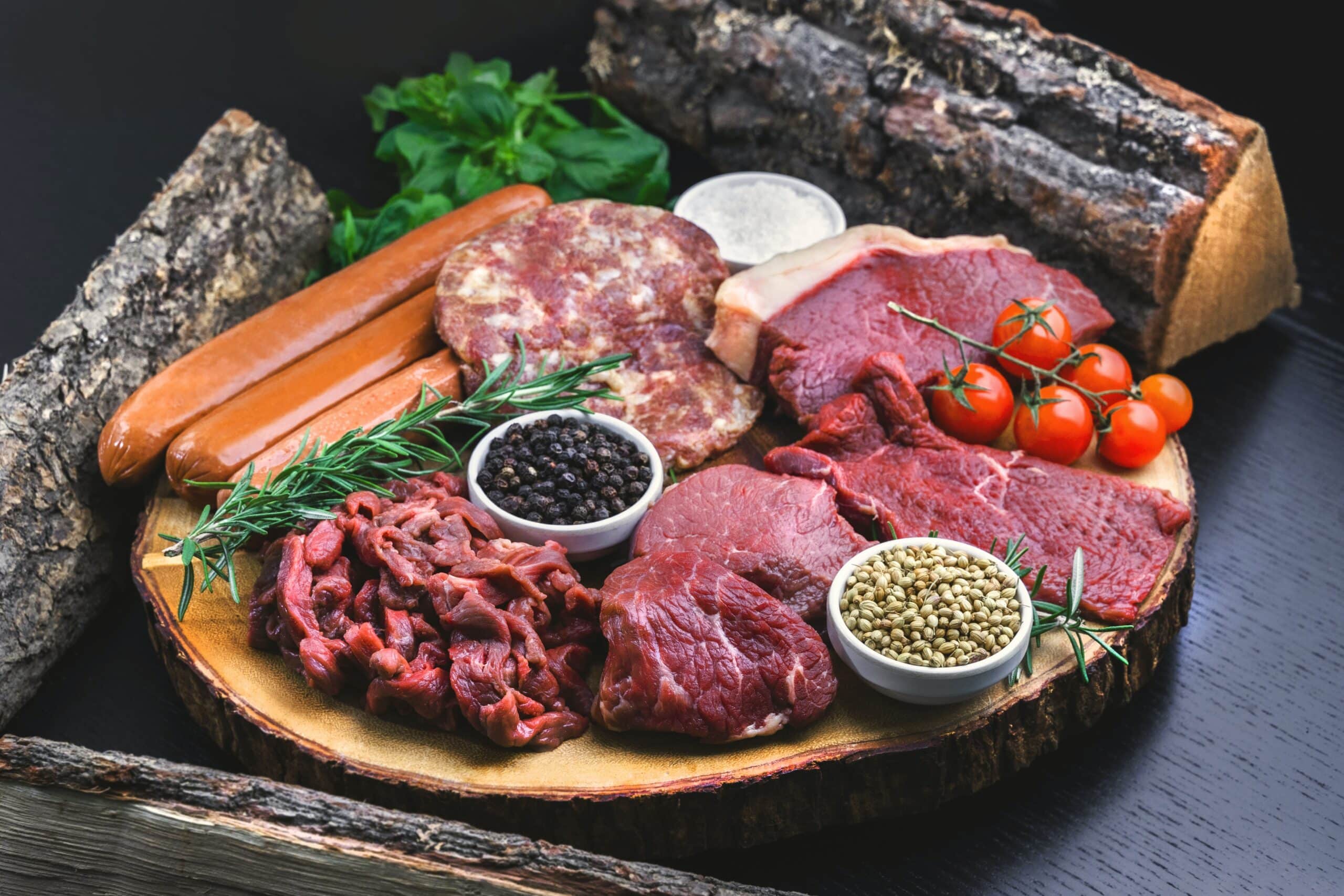What Exactly is the Carnivore Diet?
Imagine a diet so radical it makes other low-carb plans look like salad enthusiasts. The Carnivore Diet is exactly what it sounds like: a nutrition approach that’s essentially an all-you-can-eat meat buffet with zero room for plant-based anything. We’re talking about consuming exclusively animal products – beef, chicken, fish, eggs, and some dairy. Vegetables? Fruits? Grains? Those are fighting words in the Carnivore world.
The Meaty Origins: Where Did This Diet Come From?
While it might seem like a trendy internet phenomenon, the roots of the Carnivore Diet stretch back to some interesting nutritional theories. Popularized by figures like Dr. Shawn Baker and Paul Saladino, this diet takes inspiration from ancestral eating patterns and challenges conventional nutritional wisdom. It’s like a dietary rebellion against the food pyramid we’ve been taught to worship since childhood.
How Does the Carnivore Diet Actually Work?
At its core, the Carnivore Diet operates on some fundamental principles that might make nutritionists do a double-take:
- Eliminate all plant-based foods
- Focus exclusively on animal proteins and fats
- Drastically reduce carbohydrate intake to essentially zero
- Prioritize nutrient-dense animal products
Proponents argue that by removing potentially inflammatory plant foods, you’re giving your body a clean slate of pure, protein-packed nutrition. It’s like telling your digestive system to go on an extreme vacation from complex carbohydrates and plant compounds.
Potential Benefits: More Than Just Meat Sweats
Supporters of the Carnivore Diet claim a buffet of potential health benefits:
- Significant weight loss
- Reduced inflammation
- Improved mental clarity
- Stabilized blood sugar levels
- Enhanced athletic performance
- Potential relief from autoimmune conditions
These claims are bold, backed by a combination of anecdotal evidence and emerging research that’s still very much in its early stages.
Nutritional Considerations: Not for the Faint of Heart
Let’s get real about nutrition. The Carnivore Diet is essentially a high-protein, high-fat approach that completely eliminates entire food groups. This means you’re missing out on:
- Fiber
- Most vitamins typically found in fruits and vegetables
- Complex carbohydrates
- Phytonutrients
Nutritionists and healthcare professionals typically raise significant eyebrows at a diet this restrictive. It’s like playing nutritional Russian roulette with your micronutrient intake.
Scientific Perspective: What Do the Experts Say?
The scientific community remains skeptical. While some small-scale studies and individual testimonials suggest potential benefits, large-scale, long-term research is painfully absent. Most mainstream nutritionists would recommend a more balanced approach, warning about potential risks like:
- Increased cholesterol levels
- Potential kidney strain
- Nutritional deficiencies
- Potential cardiovascular risks
Who Might Consider the Carnivore Diet?
This isn’t a diet for everyone. Ideal candidates might include:
- Individuals who have tried multiple diets without success
- People with specific autoimmune conditions
- Those experiencing chronic inflammation
- Individuals willing to work closely with healthcare professionals
Practical Implementation: Your Carnivore Roadmap
If you’re seriously considering this diet, here are some practical tips:
- Consult with a healthcare professional
- Start with high-quality, grass-fed meats
- Consider supplementation for missing nutrients
- Monitor your body’s response carefully
- Be prepared for significant dietary adjustment
The Cost of Carnivore: Wallet and Wellness
Let’s talk economics. This diet isn’t cheap. High-quality meats, especially grass-fed and organic options, can significantly impact your grocery budget. You’re essentially trading your produce expenses for premium protein sources.
Final Thoughts: A Diet or a Dietary Rebellion?
The Carnivore Diet is more than just a nutrition plan—it’s a provocative challenge to conventional dietary wisdom. While it’s not for everyone, it represents an intriguing exploration of how we think about food, nutrition, and human health.
Remember, no diet is a one-size-fits-all solution. What works miraculous for one person might be a metabolic nightmare for another. Always prioritize your individual health, consult professionals, and listen to your body.
Meat lovers, proceed with cautious excitement. Veggie enthusiasts, maybe look away.
